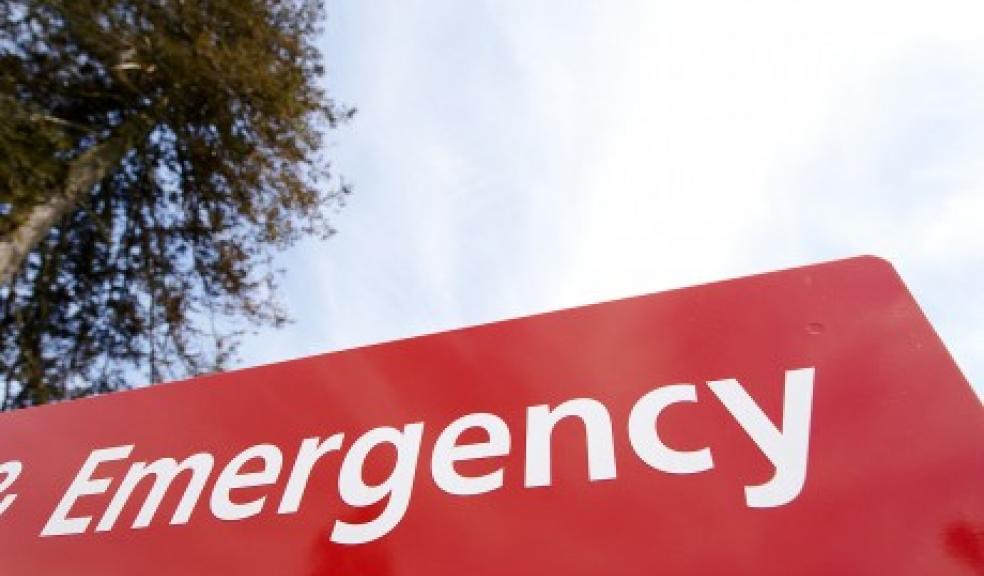
Better care plans will reduce A&E admissions
Plans to improve out of hospital care for the elderly and vulnerable will reduce emergency admissions, the Department of Health and Department for Communities and Local Government have announced.
Following a review of the first set of local plans for the Better Care Fund, a renewed agreement has strengthened a commitment to bring health and care service providers closer together to make joint decisions, ensuring more people receive joined-up, personalised care closer to home. The fund and the benefits it is creating will be an enduring feature of health and care provision beyond 2016.
Building on existing practices whereby local government already purchases care services from a range of suppliers, the fund, with a shared budget of at least £3.8 billion, will bring from next April:
more dignity and independence for the frail and elderly by providing the care they need at or closer to home
7-day health and care services — to ensure that people can access the care they need when they need it
a named professional— who can join up services around individuals, and prevent them from falling through the gaps
better data sharing — so that people don’t need to endlessly repeat their story to every professional who cares for them
joint assessments — so that services can work together to assess and meet people’s needs all in one go
The news means that as well as providing this kind of service to patients, Health and Wellbeing Boards – made up of councils and local health services – will be able to set their own performance pot with a guideline reduction in unplanned admissions of at least 3.5%. This equates to at least 185,500 fewer admissions a year. The balance of their current performance allocation will then be spent on NHS-commissioned community services.
Following a review of 151 local area ‘Better Care’ plans, NHS England and the Local Government Association (LGA) found that more than 80% of local area plans are on course to transform ‘out of hospital’ services. NHS England and the LGA have also identified 14 areas that can fast track the completion of their plans because they are already showing high potential, some 9 months out from the formal start of the programme.
The plans will be further reviewed by DCLG Permanent Secretary Sir Bob Kerslake and NHS Chief Executive Simon Stevens later in the summer to ensure they are ambitious enough to achieve improvements in care and that every area is on track to begin in April next year. In order to drive this through at pace a new Better Care Fund programme director will also be appointed with an expanded team, working across Whitehall, local government and the NHS.
More than 100 Clinical Commissioning Group areas have expressed an interest in ‘co-commissioning’ primary care services. This will mean that GPs have unprecedented involvement in not only how hospital services should be shaped to meet the needs of their patients, but also how primary care services are set up to prevent people from experiencing unnecessary hospital visits.
Health Secretary, Jeremy Hunt said: "Local authorities and the NHS are making excellent progress in developing plans that will give patients better, joined up care and allow hospitals to focus on treating the people who really need to be there. The plans are packed full of ideas and show that strong partnerships are being forged with different teams like never before.
"Successive governments have talked about bringing the NHS and social care together for decades – this is the first, transformative step to making that a reality. We will continue to nurture and support the development of these plans to deliver our shared ambition so that every part of the country provides better care for patients closer to home."













